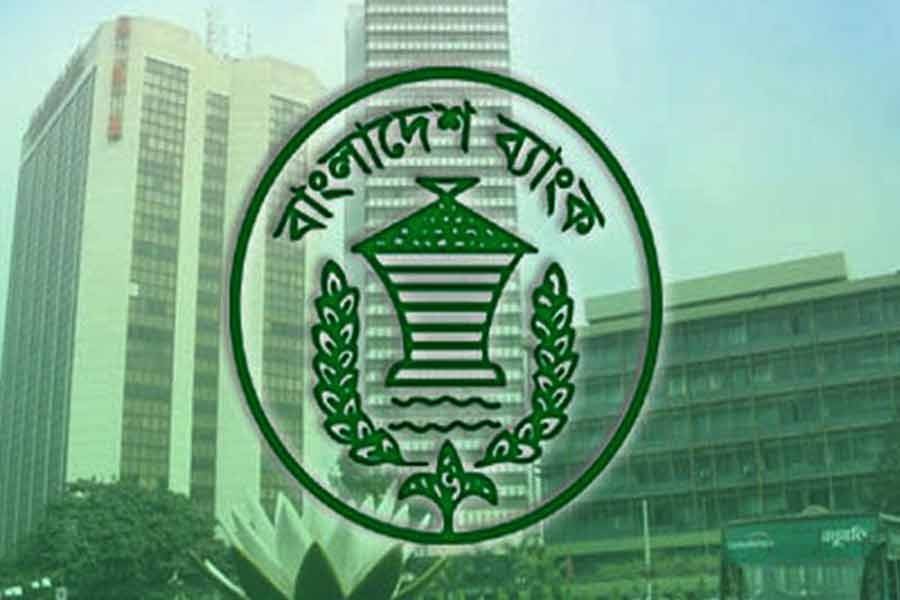Bangladesh Bank is Requested to Remove the Bar on Dividend Limits for NBFIs
Summary:
On February 7th, 2021, Bangladesh Bank (BB), the central bank of the country declared a dividend policy for banks for 2020 in light of the challenges that the outbreak of coronavirus posed which allowed them to reward their shareholders based on the strength of the capital base. On the 24th of February 2021, the central bank stopped the non-bank financial institutions (NBFIs) with good financial health from paying more than a 15 percent cash dividend. However, the Bangladesh Merchant Bankers Association (BMBA) has written a letter to the BB governor on March 1 to revise the notice saying that the instructions of giving dividends have already put an adverse impact on the capital market. This is because stocks of NBFIs dropped by about 1.5 percent, a day after the central bank banned them from providing dividends of more than 15 percent that imposed a bar on providing excessive dividends by NBFIs.
Content:
As per the central bank circular, the NBFIs having a capital adequacy ratio (CAR) of less than 10 percent and more than 10 percent default loans, will not be able to declare any dividend. The BB said financial institutions with more than 10 percent default loans would need to get approval to announce dividends. The CAR is a ratio of the capital of a financial institution as a percentage of its risk-weighted assets and current liabilities. Regulators fix CAR to protect depositors’ money. It appears that the BB has issued the directive so that NBFIs can avoid a stressful situation in the event of a rise in classified loans in the future and the NBFIs that have low-cash flow will not see funds falling because of dividend non-payment. Similar measures have been suggested for banks too. Banks with a stronger capital base will be allowed to provide higher dividends in the form of cash and stock compared to the weak lenders. The BB said financial institutions with more than 10 percent default loans would need to get approval to announce dividends. This is the first time in recent years the BB gave the directive especially at a time when a number of NBFIs are facing capital shortage and high classified loans because of scams. Despite that, some NBFIs declared excessive dividends ignoring the regulatory instruction.
Bangladesh has 36 NBFIs, and at least 10 of them are struggling to pay back depositors’ money despite maturity. As of December 2020, the CAR of six NBFIs was less than the minimum required level of 10 percent. Thirteen had more than 10 percent of default loans. The NBFIs are Bangladesh Industrial Finance Company Ltd (BIFC), Fareast Finance & Investment Ltd, FAS Finance & Investment Ltd, First Finance Ltd, GSP Finance Company (Bangladesh) Ltd, Industrial & Infrastructure Development Finance Company Ltd, International Leasing & Financial Services Ltd, MIDAS Financing Ltd, National Finance Ltd, Premier Leasing & Finance Ltd, Prime Finance & Investment Ltd, Reliance Finance Ltd and Union Capital Ltd. Recently another NBFI company, Uttara Finance and Investments Ltd was involved in BDT 5,100 crore or EUR 510 mln scam.
Industry insiders say following the BB order, many NBFIs would not be allowed to declare either cash or stock dividend for their shareholders for the year that ended on December 31 as their ratio of classified loans is high. Non-performing loans at 33 NBFIs stood at BDT 8,905 crore or EUR 890.5 mln in June, which were 13.29 percent of the outstanding loans, according to data from the central bank. It was BDT 6,399 crore or EUR 640 mln or 9.5 percent of the total loans as of December last year.
BB officials said, the NBFIs now try to reverse the central bank instructions against the backdrop by way of using the BMBA. Md Sayadur Rahman, president of the BMBA, said the association is now concerned about the capital market. He suggested that the central bank should allow the NBFIs having strong financial health to declare dividends without any limit in the interest of the capital market which is going towards an unstable situation due to the central bank instructions.


Leave a Reply